Oil and Gas Royalty Laws State-by-state Guide
Understanding oil and gas royalty laws is paramount for landowners, investors, and industry professionals. Thos involved in the extraction of these valuable resources must read this. The oil and gas industry playing a pivotal role in the economy. It is navigating the intricate web of state-specific regulations governing royalty payments. Moreover it is essential for ensuring fair compensation and compliance with legal requirements.
Alabama:
In Alabama, oil and gas royalty laws are primarily governed by the Alabama Oil and Gas Board. The state follows the “rule of capture,” meaning that landowners have the right to extract oil and gas from their property, regardless of its impact on neighboring properties. Royalty rates typically range from 12.5% to 25%, with variations based on lease agreements and negotiations.
Alaska:
Alaska boasts significant oil and gas reserves, and its royalty laws reflect the state’s commitment to resource management and revenue generation. The Alaska Department of Natural Resources oversees royalty payments, which are calculated based on production volume and market prices. Landowners can negotiate royalty rates, with the state typically receiving a share of the revenue from oil and gas extraction.
Arizona:
While not traditionally known for its oil and gas production, Arizona has implemented regulations to govern royalty payments in the few areas where extraction occurs. The Arizona State Land Department manages leases and royalty agreements, ensuring that landowners receive fair compensation for the use of their resources. Royalty rates vary depending on factors such as production volume and market demand.
Arkansas:
Arkansas has seen increased oil and gas activity in recent years, prompting the state government to establish clear guidelines for royalty payments. The Arkansas Oil and Gas Commission oversees the industry, setting minimum royalty rates and enforcing compliance with lease agreements. Landowners are entitled to a percentage of the value of extracted resources, typically ranging from 12.5% to 25%.
California:
California’s oil and gas royalty laws are among the most complex in the nation, reflecting the state’s stringent environmental regulations and land use policies. The California Geologic Energy Management Division regulates the industry, imposing strict royalty rates and environmental standards on operators. Landowners receive royalties based on production volume, with rates subject to negotiation and legal requirements.
Colorado:
Colorado is a significant player in the oil and gas industry, with robust regulations governing royalty payments and resource extraction. The Colorado Oil and Gas Conservation Commission oversees operations, ensuring compliance with environmental laws and royalty agreements. Landowners typically receive royalties ranging from 12.5% to 20% of the value of extracted resources, with variations based on lease terms and market conditions.
Connecticut:
While Connecticut does not have significant oil and gas reserves, it has implemented regulations to address royalty payments in areas where extraction occurs. The Connecticut Department of Energy and Environmental Protection oversees the industry, enforcing lease agreements and royalty rates. Landowners are entitled to a share of the revenue from oil and gas production, with rates determined by market conditions and contractual agreements.
Delaware:
Delaware’s oil and gas industry is relatively small compared to other states, but royalty laws still play a crucial role in resource management and revenue generation. The Delaware Department of Natural Resources and Environmental Control regulates the industry, setting minimum royalty rates and monitoring compliance with lease agreements. Landowners typically receive royalties ranging from 12.5% to 20%, depending on production volume and market prices.
Florida:
Florida’s oil and gas reserves have limitation. However, the state has implemented regulations to govern royalty payments in areas where extraction occurs. The Florida Department of Environmental Protection oversees the industry, ensuring compliance with environmental laws and lease agreements. Landowners are int royalties that has production volume and market prices, with rates subject to negotiation and legal requirements.
Georgia:
Georgia’s oil and gas industry is nascent. The state has established regulations to address royalty payments in areas where extraction occurs. The Georgia Environmental Protection Division oversees the industry, enforcing lease agreements and royalty rates. Landowners typically receive royalties ranging from 12.5% to 20% of the value of extracted resources. It has variations based on market conditions and contractual agreements.
Navigating the complex landscape of oil and gas royalty laws across the United States requires a comprehensive understanding of state-specific regulations and industry practices. From Alabama to Wyoming, each state has its own set of laws governing royalty payments, reflecting the diverse interests and priorities of stakeholders involved in resource extraction. By staying informed and seeking legal guidance when necessary, landowners, investors, and industry professionals can ensure compliance with regulatory requirements and maximize the value of their oil and gas assets.
Do you have any questions or thoughts about the topic related to oil and gas royalty laws? Feel free to contact us here or leave a comment below.

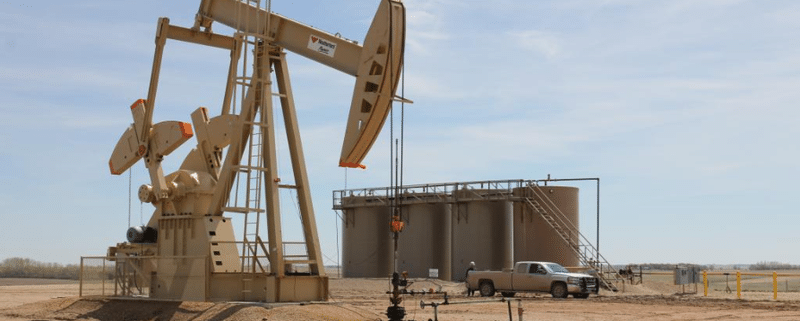
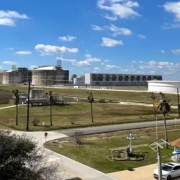



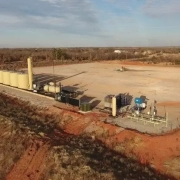
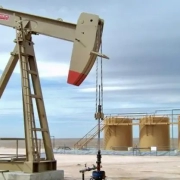
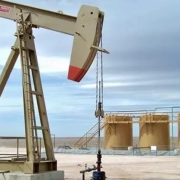



Leave a Reply
Want to join the discussion?Feel free to contribute!